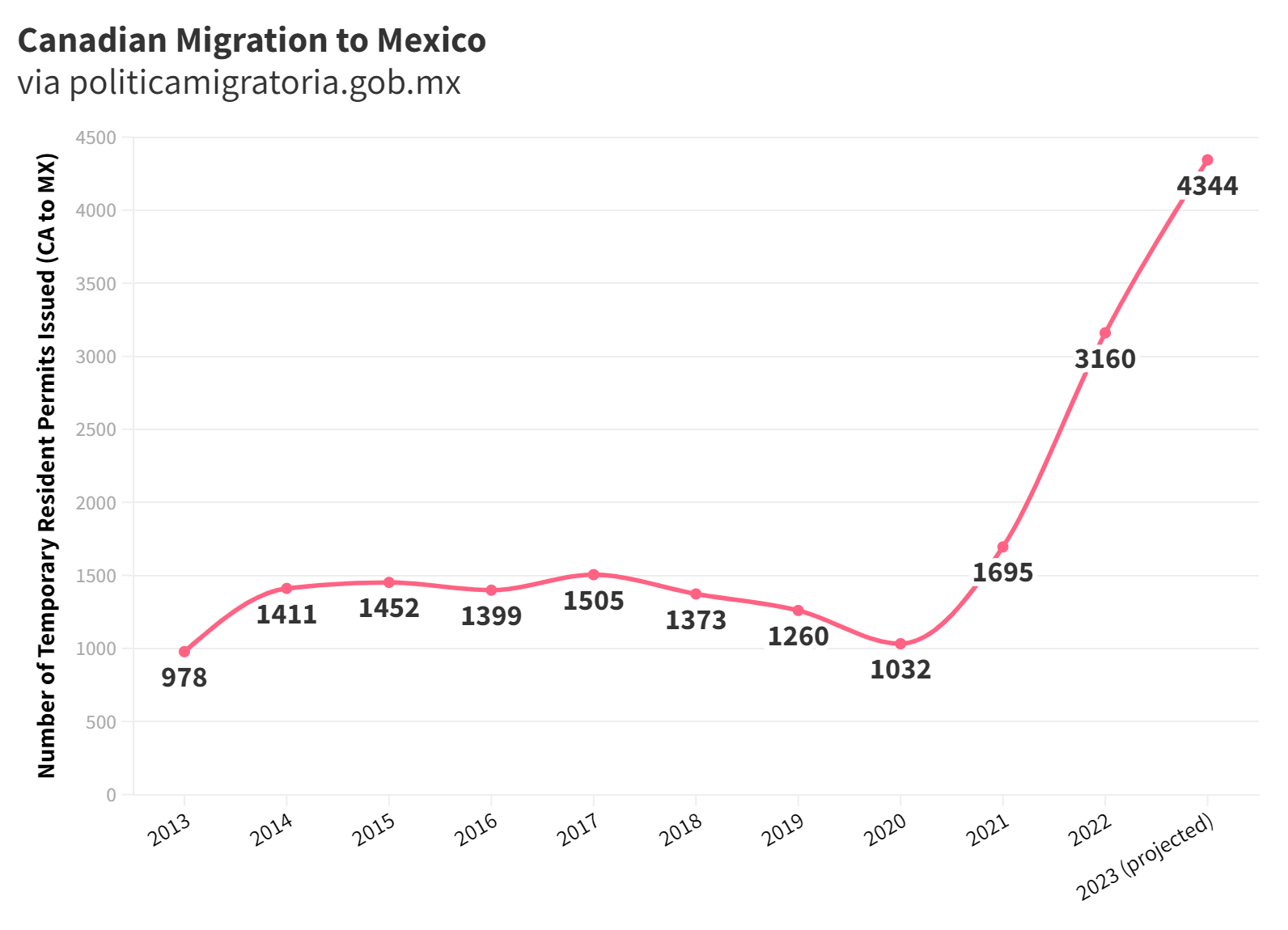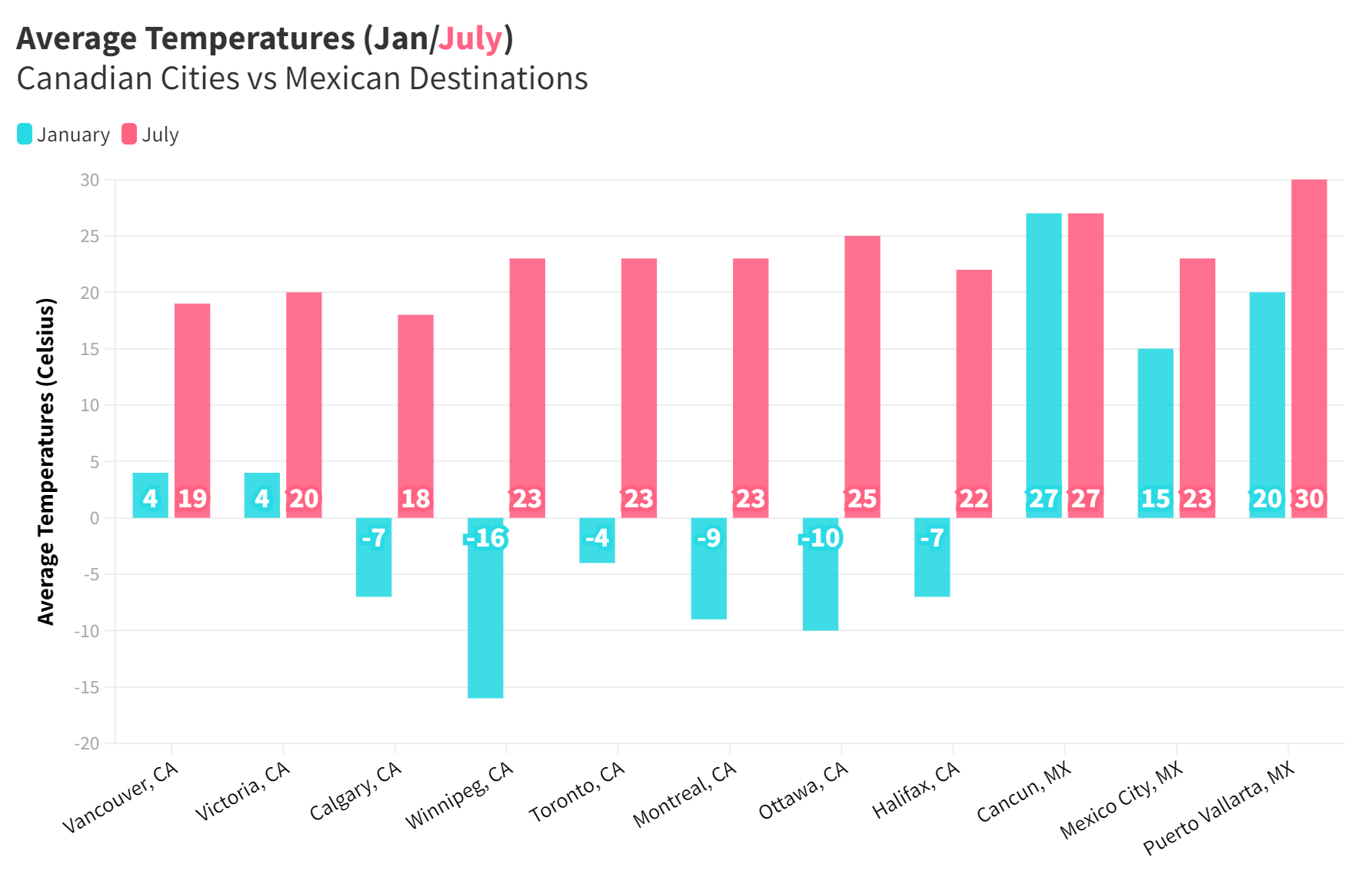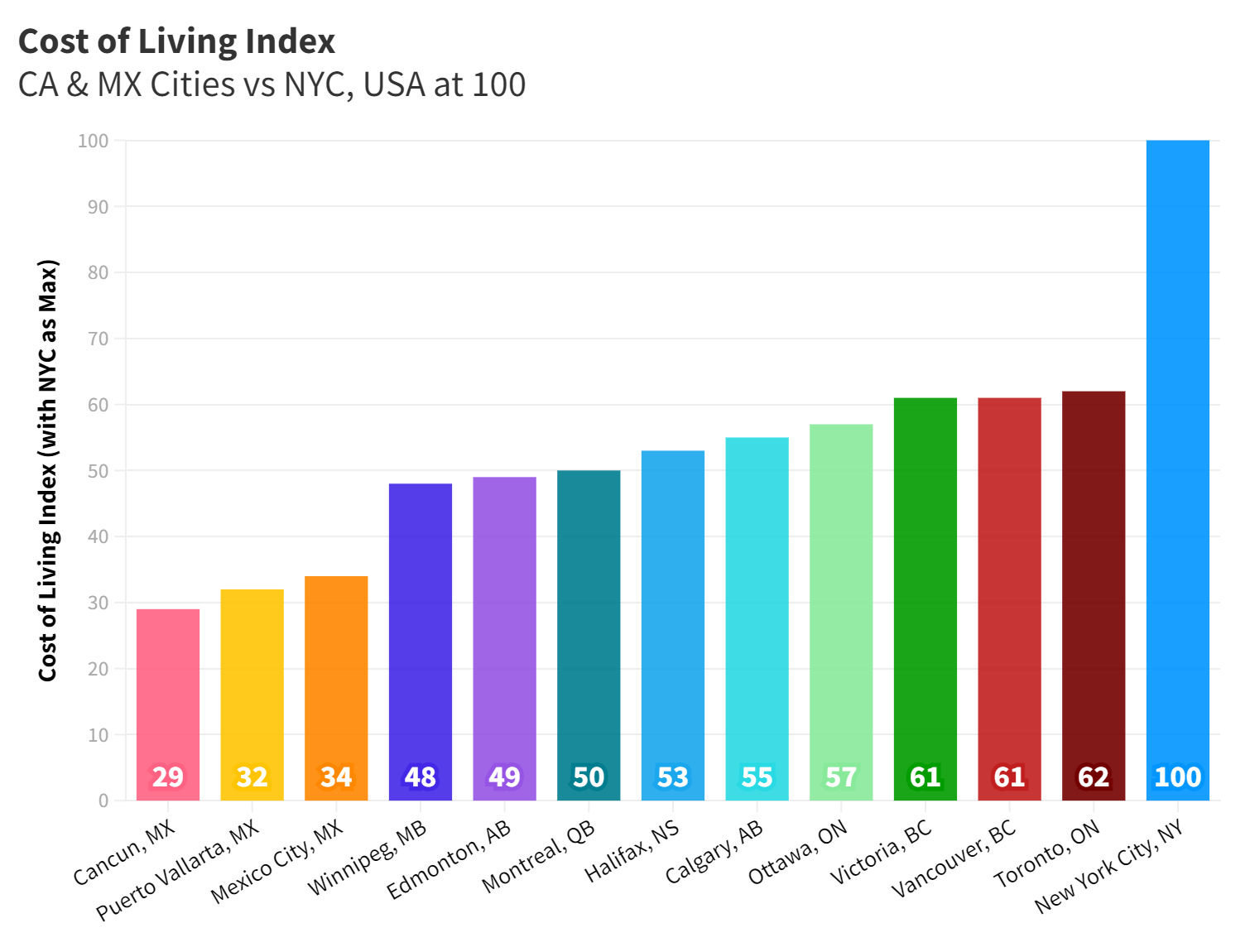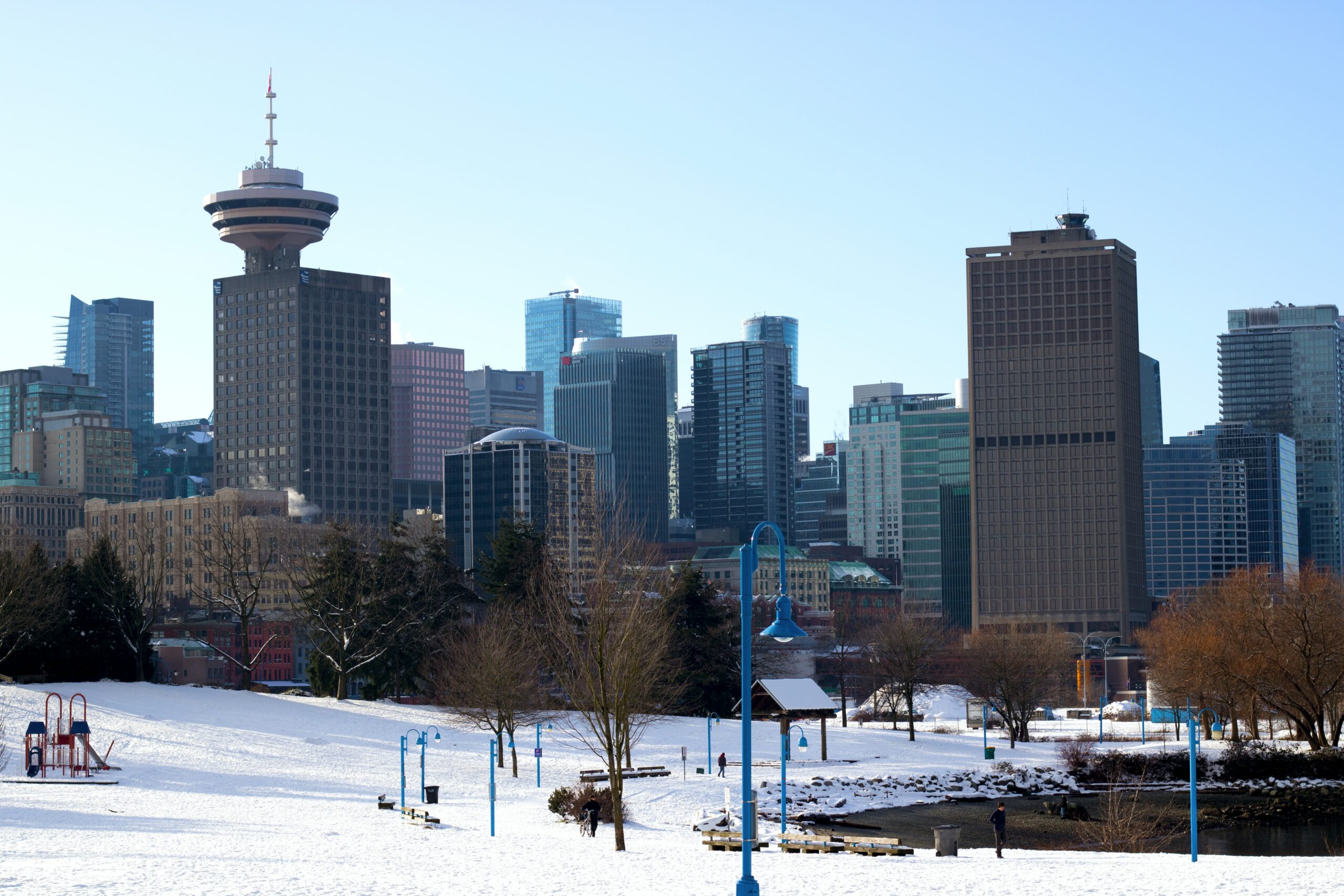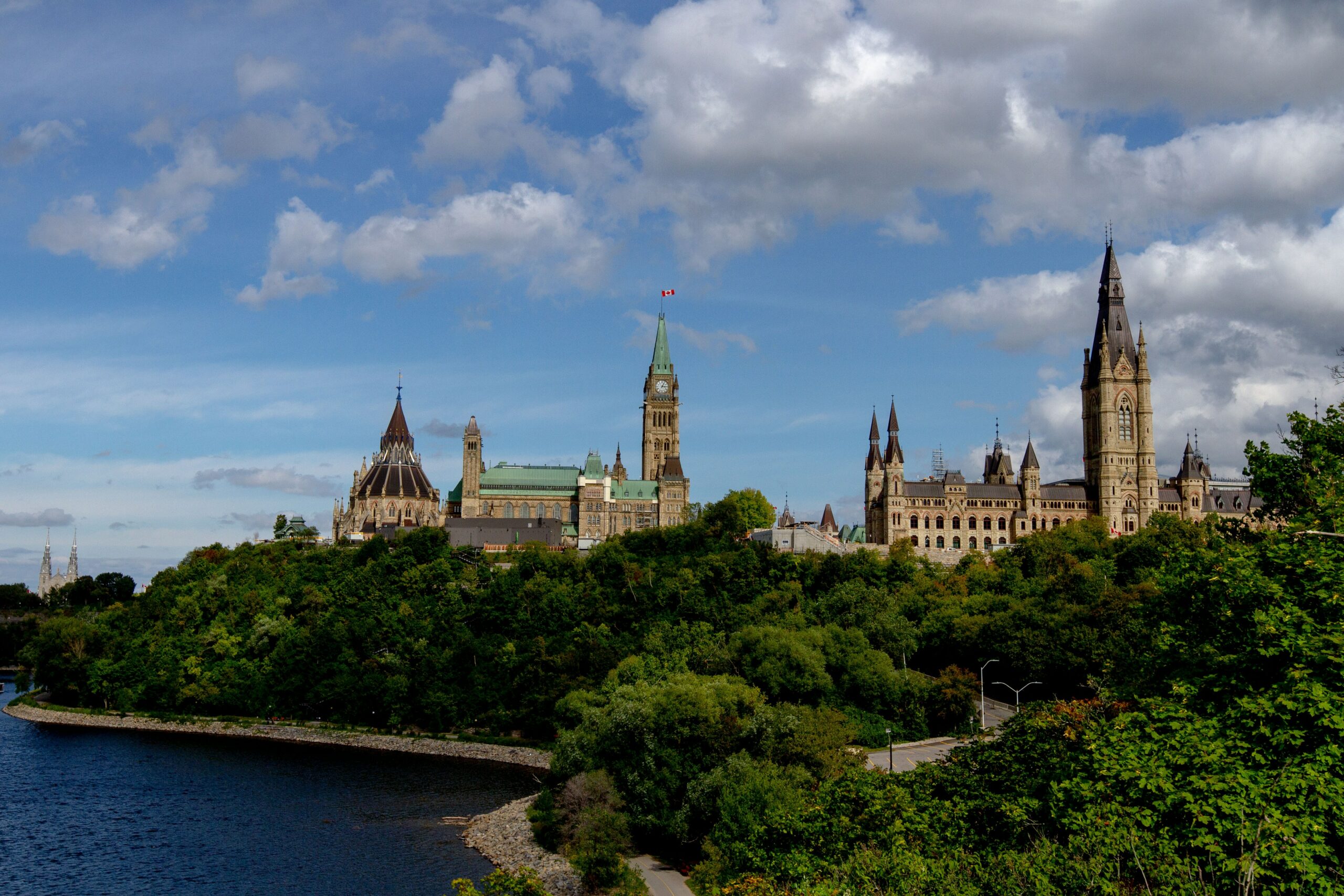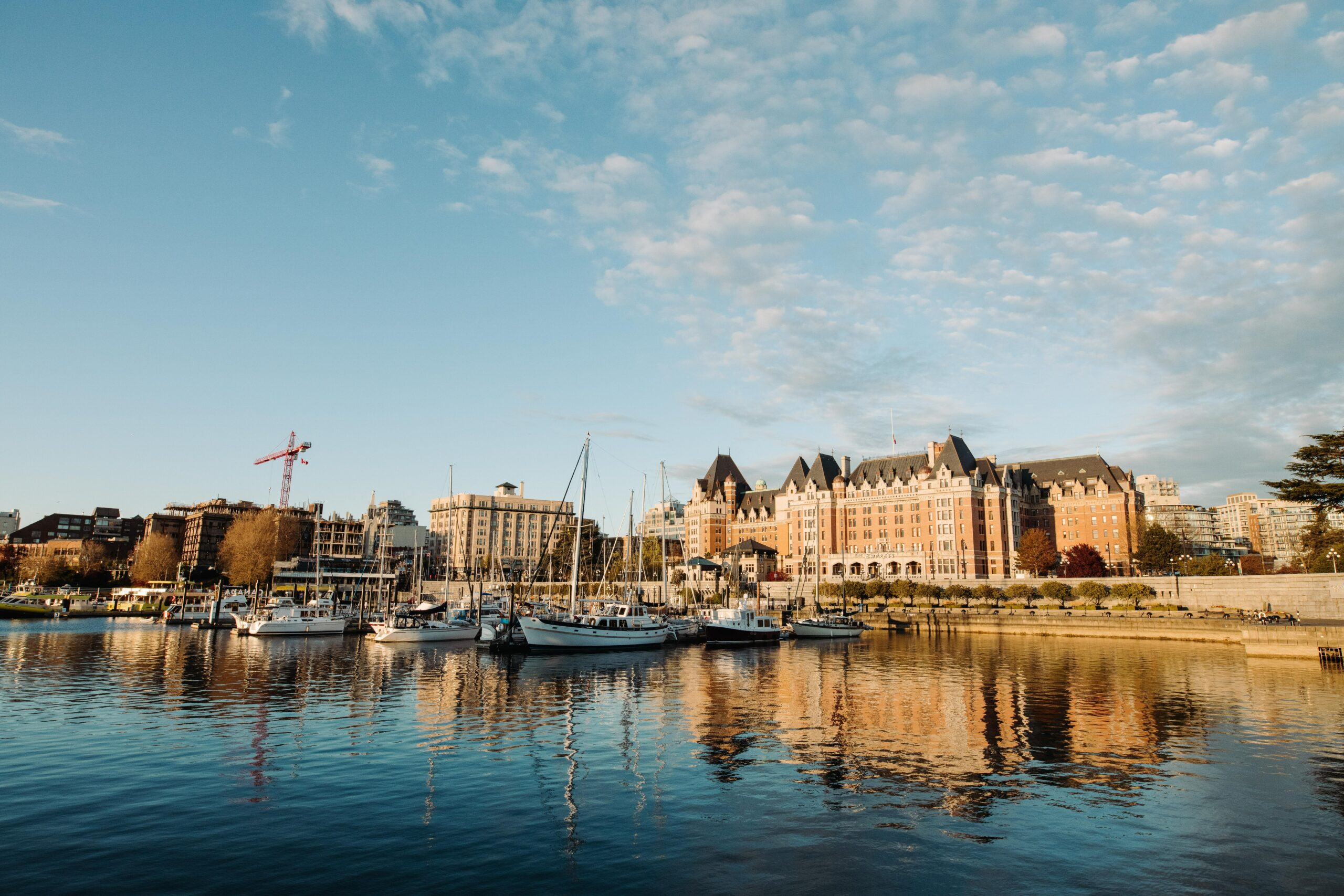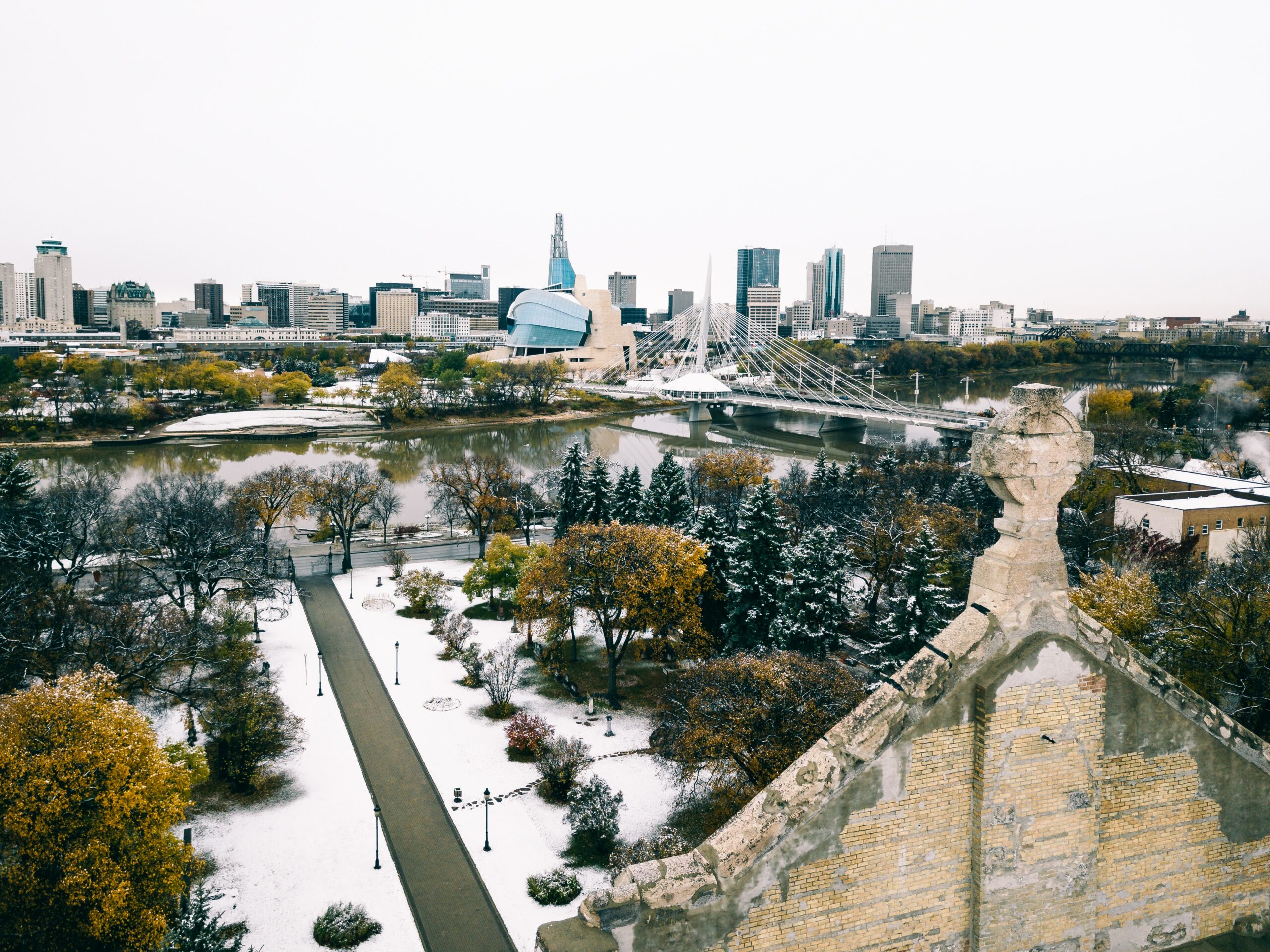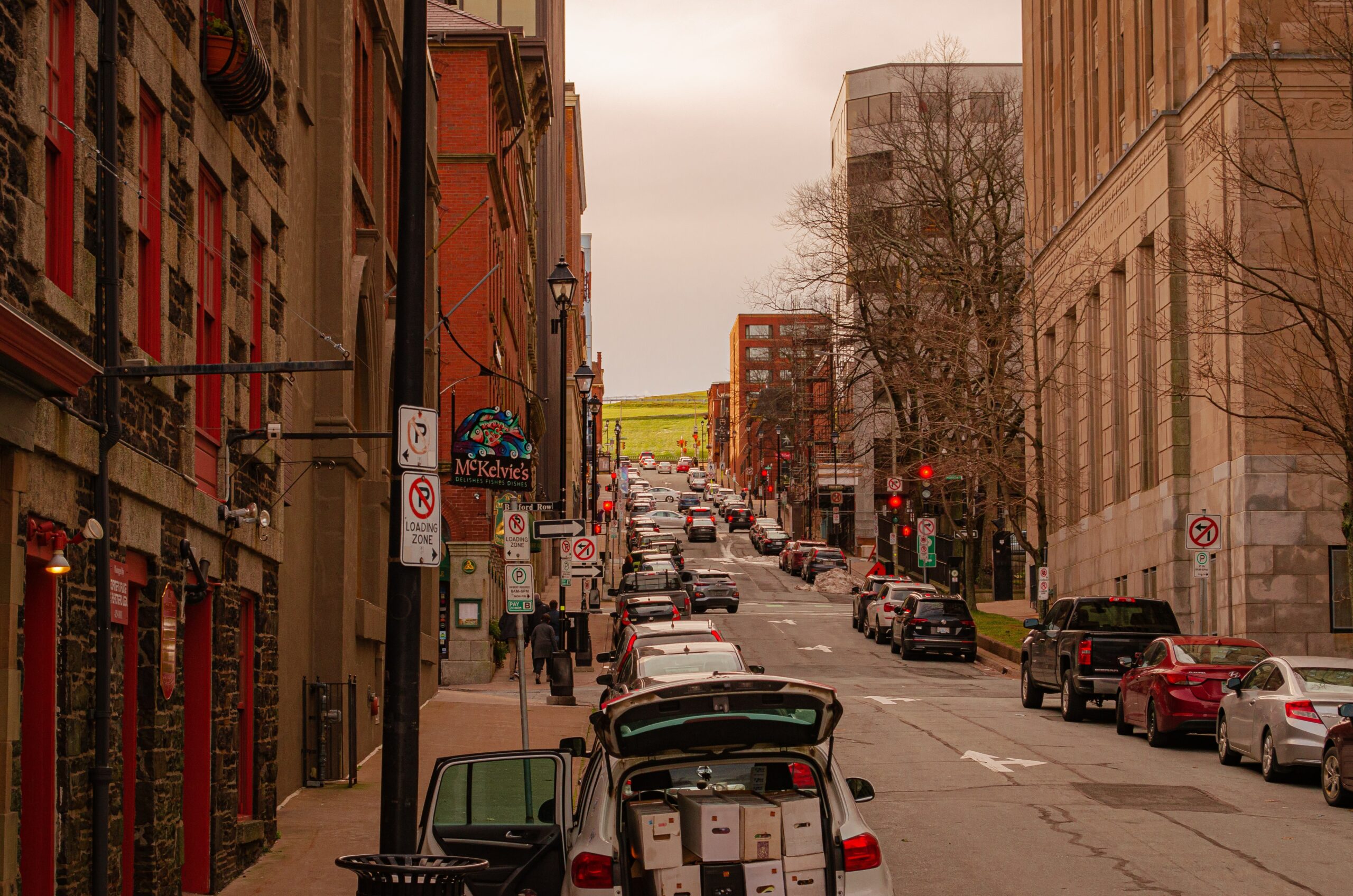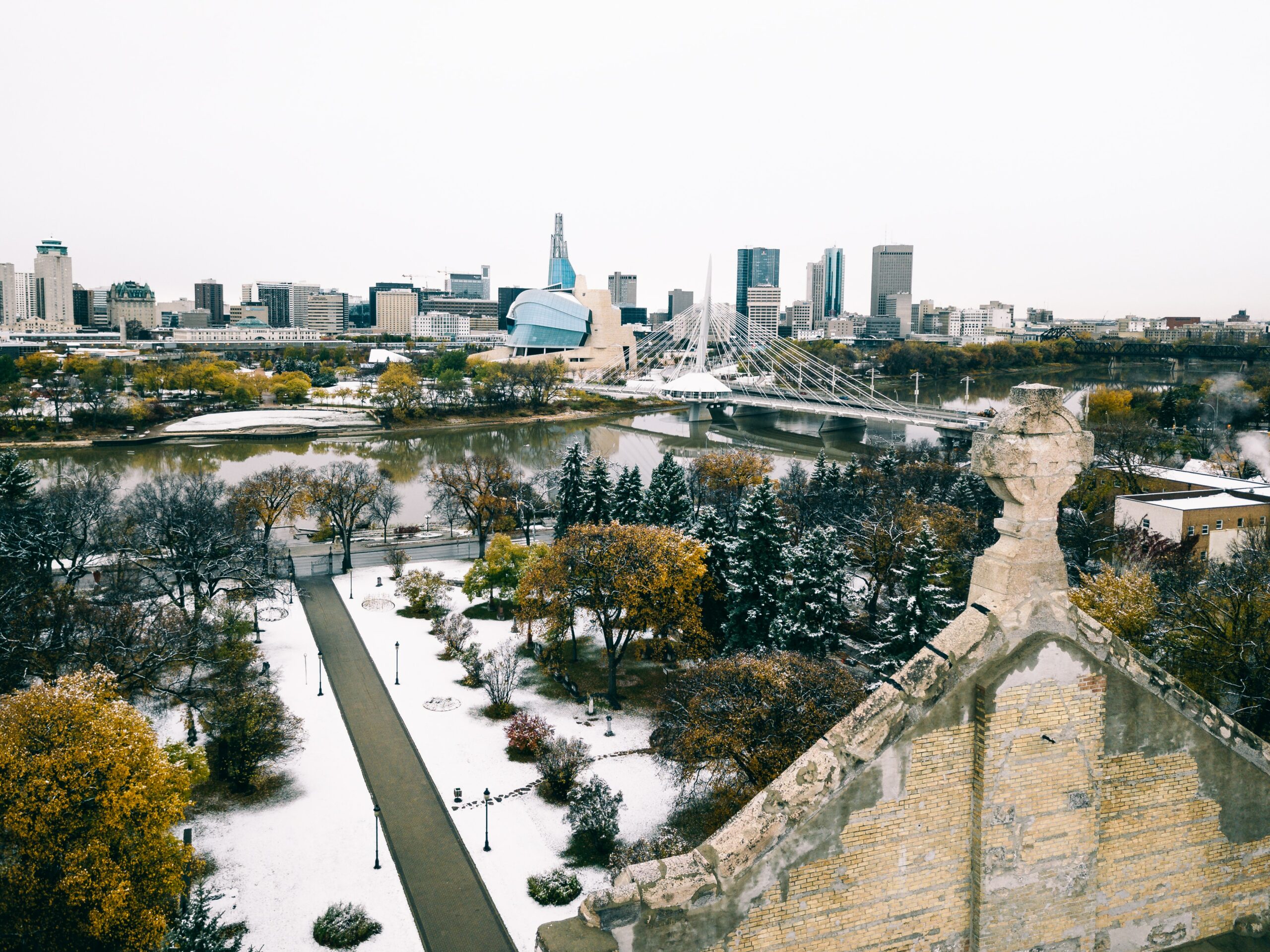From Cold to Comfort: Canadians Head to Mexico for Lower Cost of Living
In recent years, more Canadians are warming to the idea of moving to Mexico and many are becoming permanent residents. The country’s vibrant culture, beautiful scenery and warm climate are just a few of the reasons why it has become a popular destination for Canadians looking to relocate. However, one of the most significant factors contributing to this trend is the lower cost of living in Mexico, according to recent surveys. With a lower cost of living, Canadians can enjoy a higher quality of life while spending less money, making it an appealing option for retirees, digital nomads, and others.
All prices below are in CAD unless otherwise noted.
More Canadians are migrating to Mexico than ever before
Canadians are moving to Mexico at a record pace, with data from the Mexican government showing a sharp increase in Temporary Resident Cards (TRT) issued to Canadians in recent years. In 2022, there were 3160 TRTs issued to Canadians, up from 1695 in 2021 and 1032 in 2020. This trend has continued into 2023, with 724 TRTs issued in the first two months of the year alone.
If this trend continues, it is projected that over 4,300 TRTs will be issued to Canadians by the end of 2023, marking a significant surge in migration. The favorable combination of warm weather, affordable cost of living, and attractive real estate opportunities are likely key drivers behind this trend, as more and more Canadians seek to take advantage of Mexico’s many benefits.
Canadians in Mexico enjoy 20-30°C
warmer temperatures
Recent surveys have shown that weather is a major factor for those Canadians and Americans choosing Mexico. Places like Cancun and Mexico City stay more temperate year-round than almost anywhere in Canada. Summers are hot but not scorching in places like Mexico City while winters are obviously much more comfortable in Mexico. Canadians are more and more making warm places like Mexico their second home in the winter, but many are staying year-round as well.
A $100,000 income in Canada can feel like $200,000 in Mexico
One way to think about the overall cost of living in one place versus another is by using a Cost of Living Index. In the chart above we’ve compared popular Mexican destinations like Cancún and Puerto Vallarta to Vancouver BC, Calgary, AB and others.
The chart above uses data from Numbero, a crowd-sourced cost of living index that uses New York City, NY, USA as 100, with the highest cost of living as a reference point for comparing to costs in other cities.
We compiled a list of top Canadian cities that people are migrating from and compared the weather and cost of living there to a few popular Mexican locations.
Toronto, ON: Canadians have 100% more purchasing power in Mexico
Vancouver, BC: Rents are 250% higher than in Mexico
Ottawa, ON: Consumer goods are almost half price in Mexico
Victoria, BC: Restaurant prices are 90% cheaper in Mexico
Calgary, AB: A home can cost 72% less in Mexico
Halifax, NS: Canadians escape to a 25°C warmer winter in Mexico
Comparatively, domestic beer in Cancun is only 2.79 CAD, while in Halifax it costs 7.00 C$. Additionally, the benchmark home price in Halifax is $496,000 CAD, which is 226% more expensive than Cancun. However, in Cancun, you can find a brand-new two-bed, two-bath condo for under $270,000 CAD, complete with stunning ocean views and a luxurious pool.
Montreal: Get 2 beers for the price of one in Mexico
Winnipeg, MB: Canadians can enjoy a 45°C warmer winter in Mexico
Winnipeg and Cancun have significant differences in terms of weather patterns obviously, with a massive 40+ degree swing in winter for migrators. Consumer prices in Winnipeg are 60.7% higher than in Cancun, with groceries and rent prices being particularly expensive. In comparison, restaurant prices in Cancun are 41.4% lower than in Winnipeg. Despite these differences, it’s important to note that Cancun offers affordable real estate options. For example, you can find a new two-bedroom, two-bathroom condo for sale in Cancun for only $162,000 CAD.
Sources & Further Reading
- http://www.politicamigratoria.gob.mx/es//PoliticaMigratoria/CuadrosBOLETIN?Anual=2023&Secc=2
- https://www.numbeo.com/cost-of-living/rankings_current.jsp
- https://championtraveler.com/dates/best-time-to-visit-cancun-mx/
- https://farhomes.com/expats-mexico-survey-2023
- https://worldweather.wmo.int/en/home.html
- https://www.crea.ca/housing-market-stats/canadian-housing-market-stats/national-price-map/
Learn about Buying in Mexico
Or call us at 1-888-808-0274
By pressing Contact us you agree to Far Homes’
Terms of Service and Privacy Policy.
